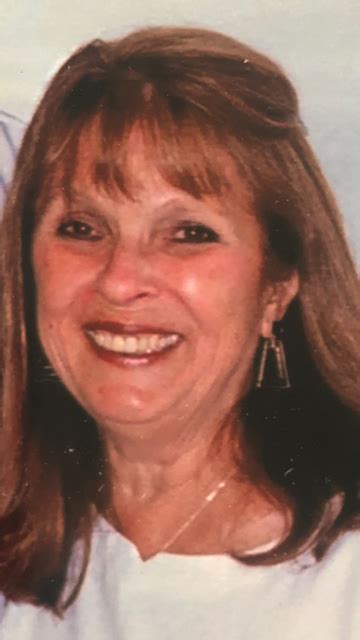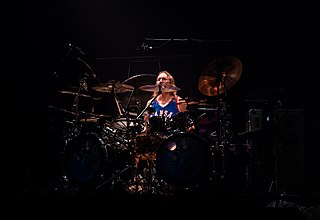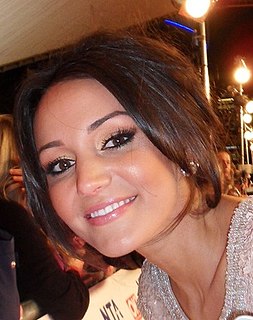A Quote by Louis Menand
Writers are not mere copyists of language; they are polishers, embellishers, perfecters. They spend hours getting the timing right so that what they write sounds completely unrehearsed.
Related Quotes
I'm always tempted in the back of my mind to continue to write things in the Star Trek universe, in the novels or the comics, just because I don't get to play in that universe and I don't get to hang out with those characters any more. You spend hours upon hours of your life, day after day sitting in writers' rooms, talking about these people and these situations, and it becomes very real to you. They're friends of yours, in a lot of ways.
A typical workday for me is getting up at about 5:00, 5:15 in the morning, getting some coffee or tea as quickly as possible, and then getting to my desk. And ideally, I'll start writing around 5:30, 5:45, and I'll write for three, four hours, and then I'll take a break, and read over what I write. Maybe about lunchtime, I'll go exercise or get out into the day. Then I'll either read over what I wrote the day before and quit work around 3:00 or 4:00 in the afternoon and spend some time with my kids.
Yiddish, originally, in Eastern Europe was considered the language of children, of the illiterate, of women. And 500 years later, by the 19th century, by the 18th century, writers realized that, in order to communicate with the masses, they could no longer write in Hebrew. They needed to write in Yiddish, the language of the population.






































